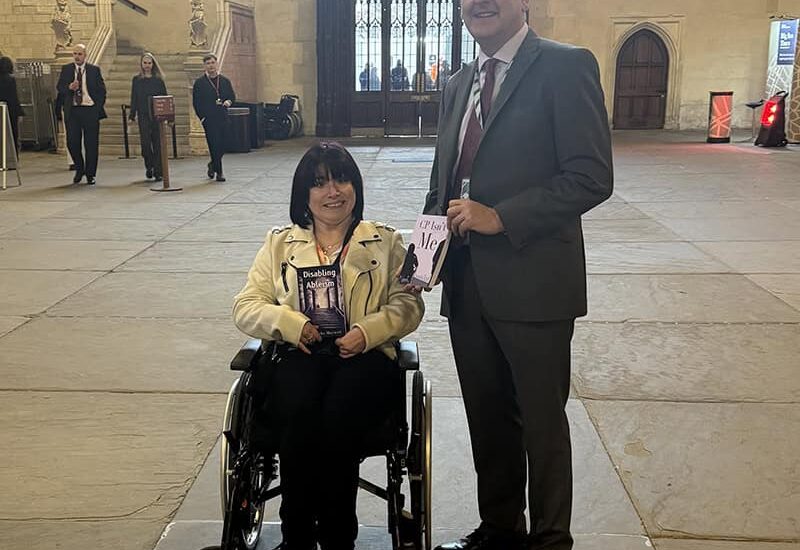My name is Samantha Maxwell, and I am a Wrexham-based disability author. I write to shine a light on cerebral palsy (CP) and the wider disability community, highlighting the challenges, discrimination, and misconceptions people with disabilities face. Every year on 6th October, we mark Cerebral Palsy Awareness Day, a day to raise understanding and promote inclusion—but disability isn’t something to be acknowledged only once a year. It is part of every day.
Ableism—prejudice or discrimination against people with disabilities—can take many forms, from subtle microaggressions to outright exclusion. Being underestimated, dismissed, or constantly judged can cause chronic stress and emotional harm. I know this personally: I suffered severe mental health decline due to mistreatment by society, being dismissed, underestimated, or made to feel insignificant because of my cerebral palsy.
The mental health consequences of ableism can include:
Depression and low self-esteem
Anxiety and hypervigilance
Isolation and loneliness
Internalised ableism
Why I Wrote SILENCED.
My latest release, SILENCED., was written to recognise the strong connection between disability and mental health. Through this book, I aim to shed light on the emotional and psychological impact of ableism, and to open up a conversation about the understanding, support, and change that people with disabilities so urgently need. My previous works, CP Isn’t Me and Disabling Ableism, also focus on challenging societal misconceptions and normalising disability.
Advocacy in Action
I am proud to work with Wrexham Council, Andrew Ranger, MP for Wrexham, alongside other local authorities and politicians, to introduce an accessibility guide for Wrexham, helping residents and visitors navigate spaces with confidence and independence. Initiatives like this, combined with education and advocacy, show that inclusion is not just an ideal—it is achievable.
Every Day Matters
Disability should not be acknowledged only on awareness days—it is part of every day. By recognising disability daily, challenging ableism, supporting accessibility, and valuing lived experiences, we can create a society that is inclusive, empathetic, and respectful of all.
How You Can Make a Difference
Learn and share: Understand and discuss the lived experiences of people with disabilities.
Challenge assumptions: Treat people with disabilities as humans first, not labels.
Support inclusion: Advocate for accessibility, representation, and anti-discrimination policies.
Prioritise mental health: Recognise the impact of ableism and support those affected.


